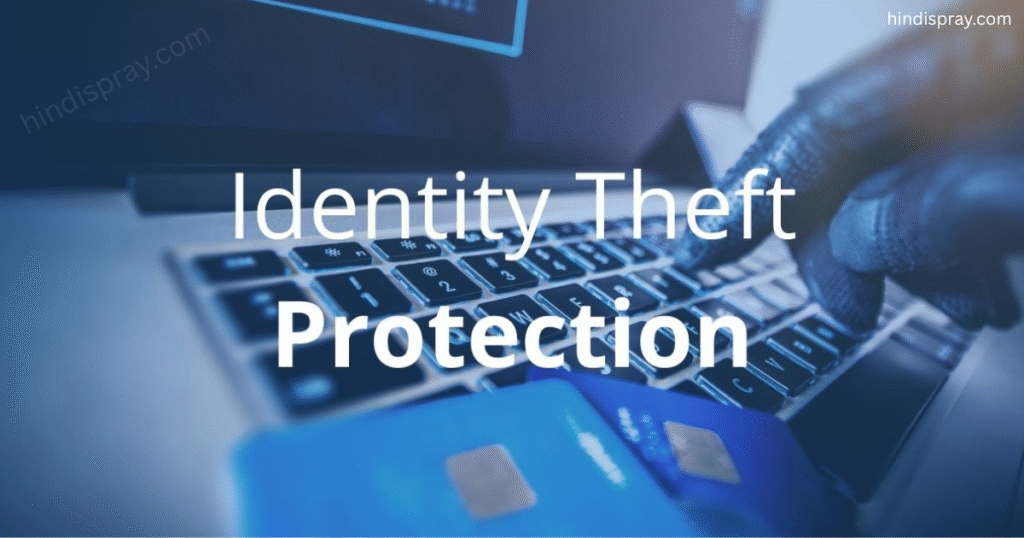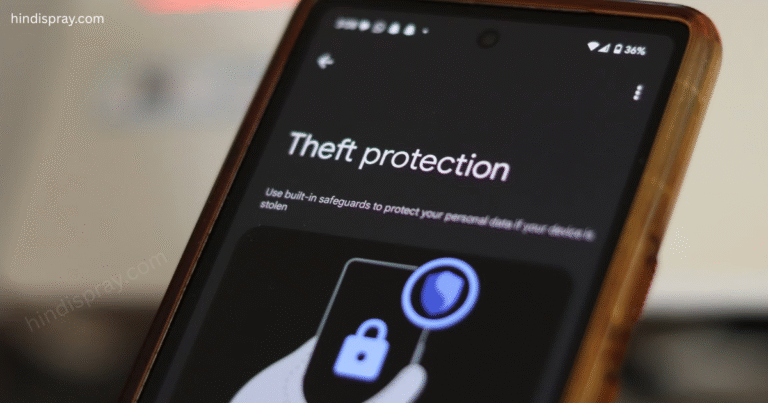In today’s digital and interconnected world, theft isn’t limited to physical possessions. It also includes identity theft, credit card fraud, and cybercrime. Theft protection is a crucial service that helps protect individuals and businesses from financial loss, emotional distress, and reputation damage resulting from various types of theft. But what exactly is theft protection, and why is it essential in our modern lives?
This comprehensive article delves into the concept of theft protection, how it works, the different types available, and why everyone should consider investing in it.
Understanding Theft Protection
What Is Theft Protection?
Theft protection refers to a range of services and technologies designed to safeguard your personal, financial, and digital information from being stolen or misused. This can encompass physical theft protection (like home security systems) and digital theft protection (like identity monitoring and credit freezes).
Types of Theft Protection
1. Physical Theft Protection
This includes mechanisms and systems that protect tangible assets like homes, cars, and valuables. Examples are:
- Home security systems
- Surveillance cameras
- Car alarms
- Safe boxes
2. Identity Theft Protection

Identity theft protection services monitor your personal information and alert you to suspicious activities. Services may include:
- Social Security Number (SSN) monitoring
- Credit report monitoring
- Public record checks
- Dark web surveillance
3. Cyber Theft Protection
With cybercrime on the rise, cyber theft protection helps protect digital assets and online identities. Features often include:
- Antivirus and anti-malware software
- VPNs (Virtual Private Networks)
- Firewalls
- Two-factor authentication
Key Features of Theft Protection Services
Most theft protection services offer a combination of the following features:
- 24/7 monitoring of personal and financial data
- Alerts for suspicious or unauthorized activity
- Identity restoration services
- Insurance coverage for theft-related losses
Why You Need Theft Protection
Rising Incidents of Identity Theft
According to the Federal Trade Commission (FTC), identity theft cases have increased dramatically in recent years, especially with the rise of digital transactions and remote work. Protecting your identity is more critical than ever.
Financial Implications
Theft can lead to significant financial losses. For example, a compromised credit card or hacked bank account can result in unauthorized purchases and drained savings. Theft protection can mitigate these risks and provide financial restitution through insurance.
Emotional and Psychological Toll
Victims of theft often experience stress, anxiety, and a sense of violation. Theft protection services can alleviate some of this emotional burden by offering recovery assistance and peace of mind.
Protecting Your Digital Footprint
We live much of our lives online, from shopping and banking to social networking. Theft protection helps secure your online presence and reduces the chances of becoming a target for cybercriminals.
Business and Professional Risks
For professionals and business owners, theft protection is vital for maintaining data integrity and customer trust. Data breaches can lead to legal liabilities and loss of reputation.
How Theft Protection Works
Monitoring and Alerts
Most services offer real-time monitoring of your credit reports, financial accounts, and personal information. You receive instant alerts if any suspicious activity is detected.
Risk Assessment Tools
Some providers offer tools to evaluate how vulnerable you are to theft and provide personalized recommendations to strengthen your protection.
Recovery and Restoration
If your identity is stolen or you fall victim to theft, these services assist with recovery. This may include contacting creditors, restoring your credit profile, and reimbursing financial losses.
Insurance Coverage
Many theft protection plans include insurance coverage, often up to $1 million, to cover expenses related to identity restoration and legal fees.
Choosing the Right Theft Protection Service
What to Look For
When selecting a theft protection service, consider the following:
- Coverage Scope: Does it include identity, cyber, and physical theft protection?
- Monitoring Features: Are credit reports, SSNs, and public records monitored?
- Customer Support: Is there 24/7 support available?
- Insurance Amount: How much financial protection is offered?
- Ease of Use: Is the interface user-friendly?
Popular Theft Protection Providers
Some of the top-rated theft protection services include:
- LifeLock
- IdentityForce
- Aura
- Identity Guard
- Experian IdentityWorks
The Cost of Theft Protection
Is It Worth the Investment?
The cost of theft protection can range from $10 to $30 per month depending on the features included. While it may seem like an added expense, the potential losses and recovery costs from theft can be far more expensive.
Free vs. Paid Services

Some free tools and services (like credit report monitoring from banks) offer basic protection. However, paid services often provide more comprehensive coverage and faster response times in case of an incident.
Real-Life Scenarios Highlighting the Importance of Theft Protection
Scenario 1: Identity Theft
John discovers that someone has opened credit card accounts in his name and racked up thousands in debt. Thanks to his theft protection plan, he receives an alert, files a report, and gets professional assistance to resolve the issue quickly.
Scenario 2: Cyber Attack
Samantha’s email and social media accounts are hacked. Her cyber theft protection tools notify her of unusual logins and help her regain control while preventing further breaches.
Scenario 3: Home Burglary
Paul’s home security system deters a potential burglar and notifies the police immediately, preventing loss and damage to property.
Also Read: Insurance Without Medical Exam: What You Need To Know
Conclusion
Theft protection is no longer a luxury; it’s a necessity in today’s complex and interconnected world. With threats ranging from physical theft to sophisticated cyberattacks, comprehensive theft protection services offer a vital shield against financial loss, emotional trauma, and reputational damage. Whether you’re an individual looking to safeguard your identity or a business aiming to protect client data, theft protection is an investment in security and peace of mind.
FAQs
1. Is theft protection the same as identity theft protection?
Not exactly. Identity theft protection is a subset of theft protection that focuses specifically on protecting personal identifying information.
2. Can I protect myself without paying for a theft protection service?
Yes, you can take basic precautions like using strong passwords and monitoring your credit. However, paid services provide more robust and comprehensive protection.
3. Does theft protection cover financial loss?
Many services include insurance that reimburses financial losses related to identity theft, legal fees, and recovery expenses.
4. Is theft protection necessary for children?
Yes, children’s identities can also be stolen and misused. Some services offer specific plans to monitor and protect minors.
5. How quickly do theft protection services alert you of a problem?
Most reputable services provide real-time or near-instant alerts when suspicious activity is detected.

